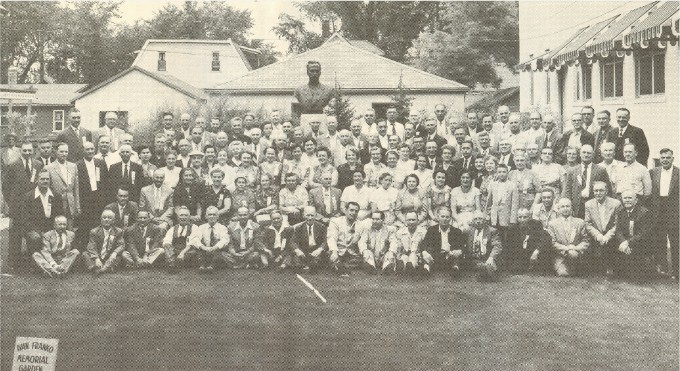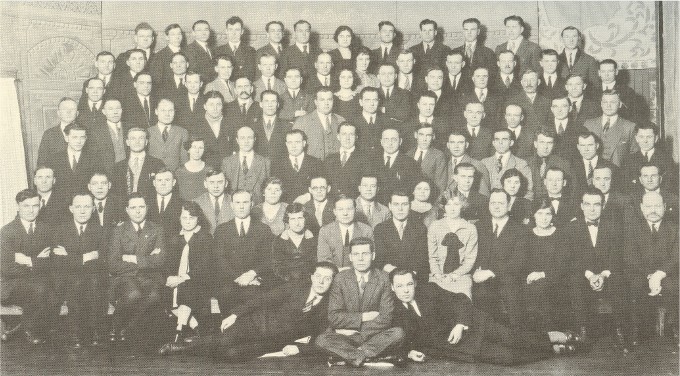Workers’ Benevolent Association
Workers’ Benevolent Association (Робітниче запомогове товариство; Robitnyche zapomohove tovarystvo, or WBA). A pro-Communist fraternal society established in Winnipeg in 1922. Closely allied with the Ukrainian Labour-Farmer Temple Association (ULFTA), the group provided sick and death benefits to its members and operated a retirement home and orphanage in Parkdale, Manitoba, in 1930–8. Its membership grew from 700 in 20 branches in 1924 to approximately 7,000 in 114 branches in 1930 before dropping, as a result of the Depression, to 3,500 in 76 branches and picking up in 1937. The WBA provided vital organizational continuity for the pro-Communist movement among Ukrainians in Canada during the Second World War following the closure of the ULFTA in June 1940. After the war the WBA continued to expand its operations, and by 1954 it had 12,478 members with approximately 200 branches, a level it maintained for just over a decade. As the WBA's Ukrainian membership started to decline, it increasingly recruited Russians, Ruthenians from Transcarpathia, and Poles into its ranks. In 1963 it absorbed the Independent Mutual Benefit Federation, with its Hungarian, Slovak, and Czech members. These practices failed to stem a steady decline in membership that began in the 1970s. The WBA finally dissolved itself at the end of 2006. In 1972 the group published a commemorative history, edited by Anthony Bilecki, William Repka and Mitch Sago, as Friends in Need: The WBA Story, an Epic in Canadian Fraternalism.
[This article was updated in 2009.]

